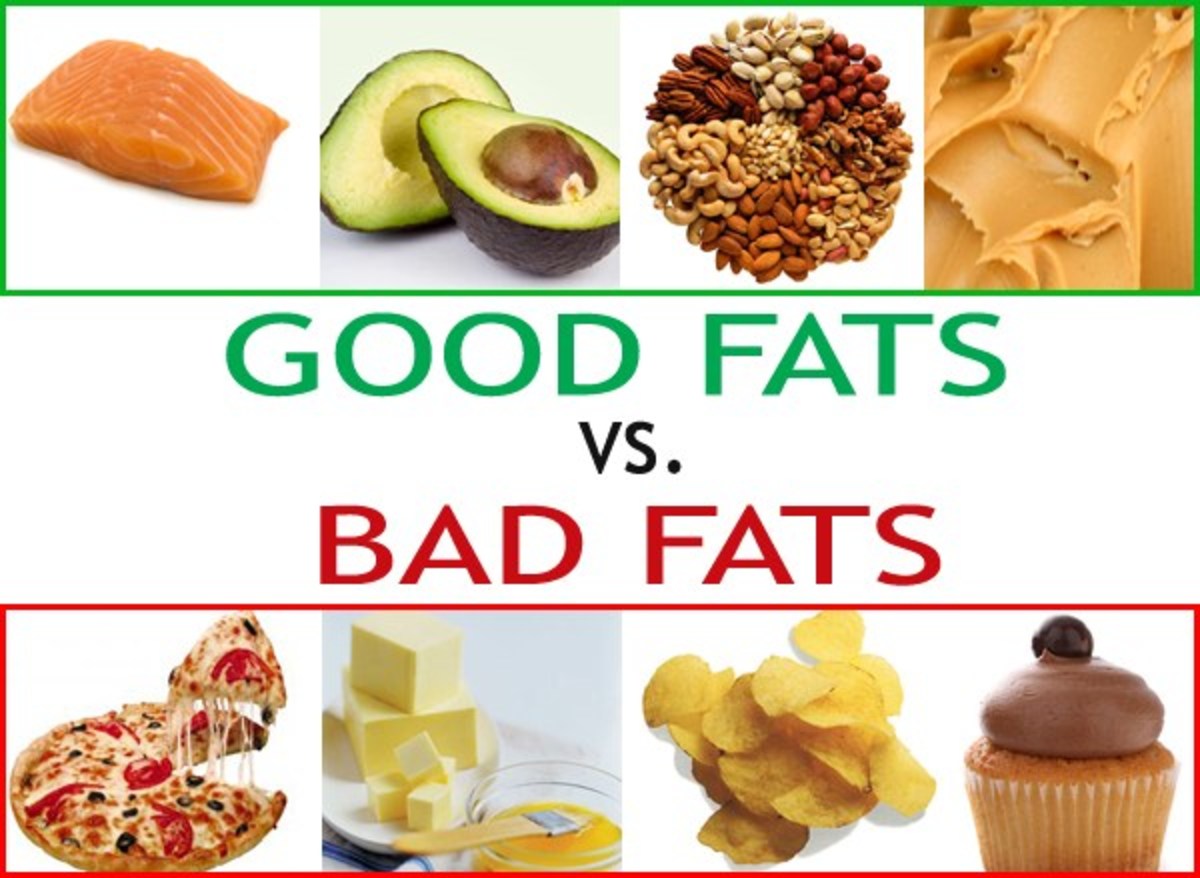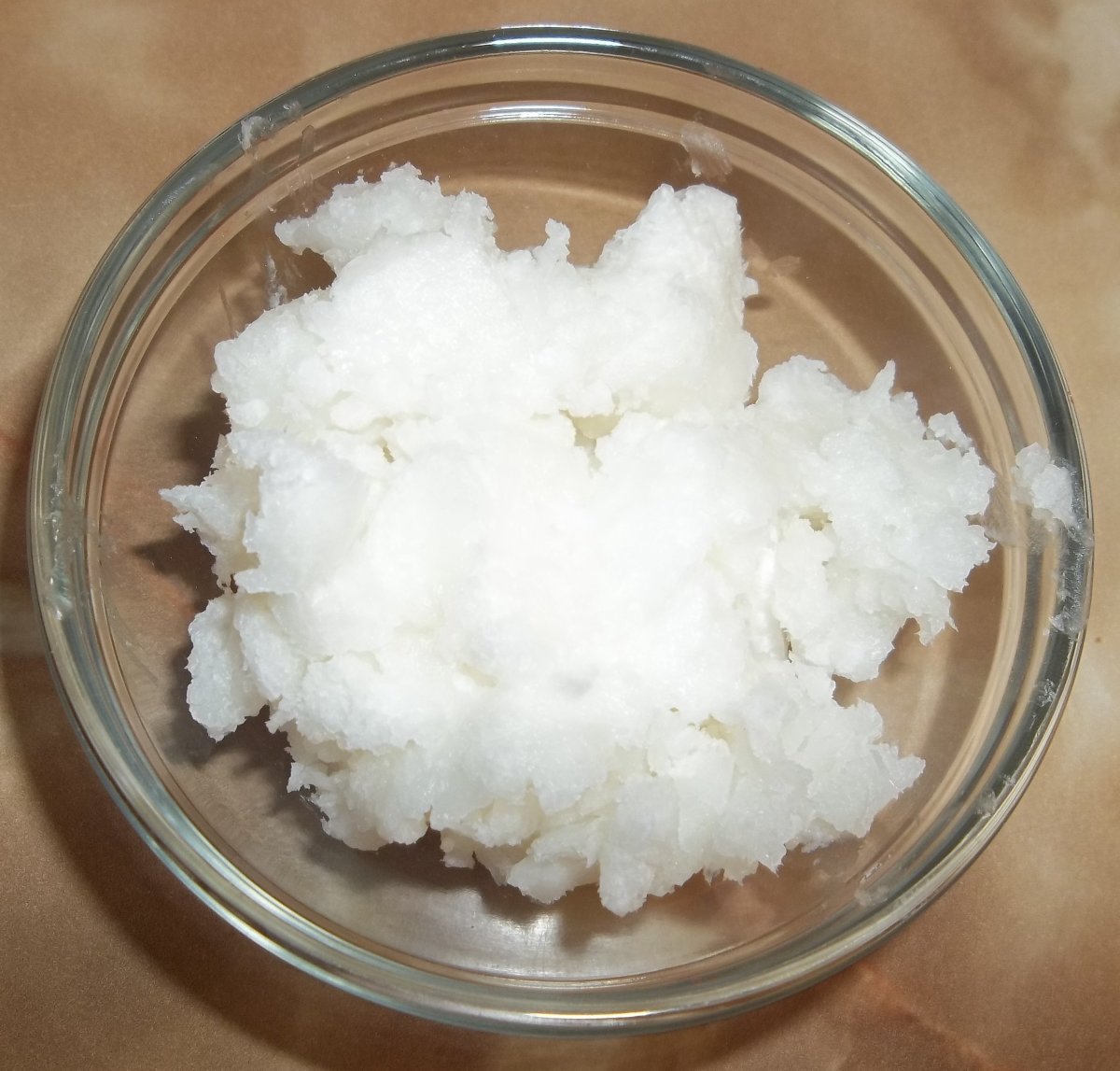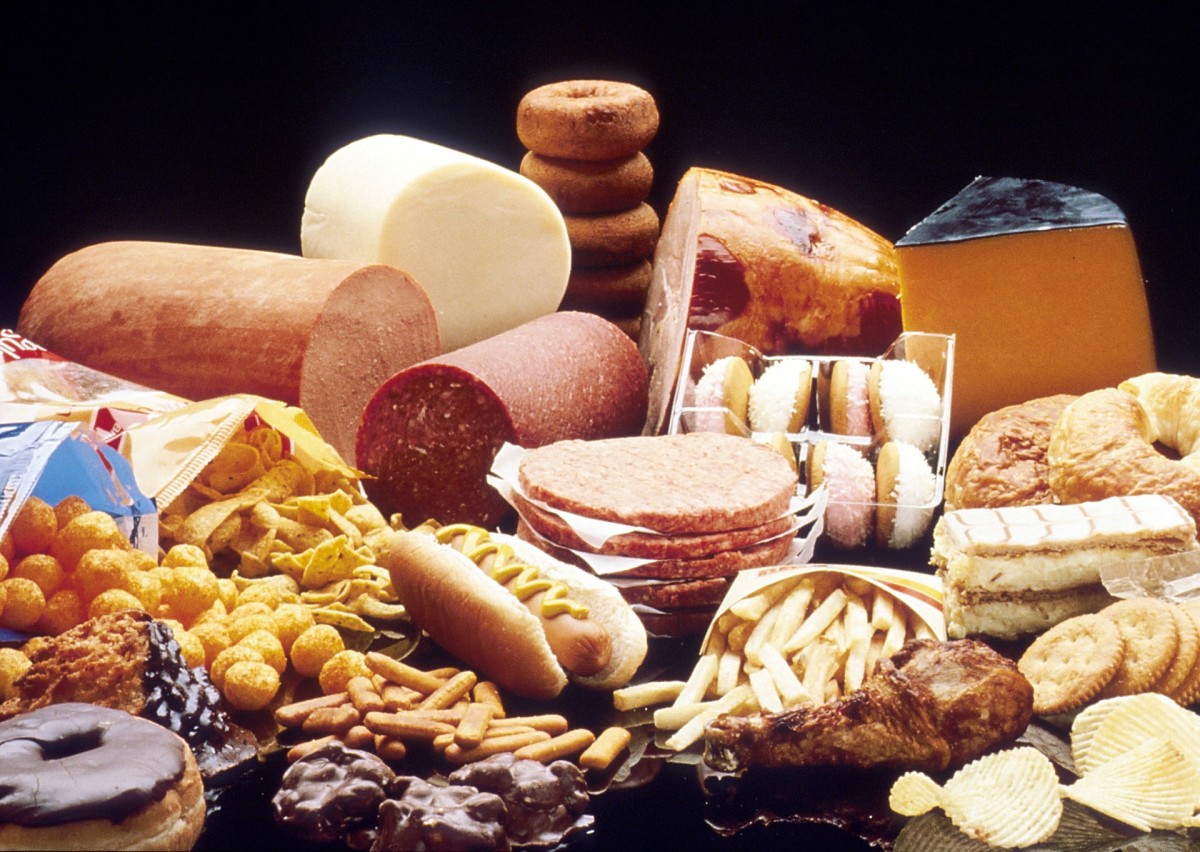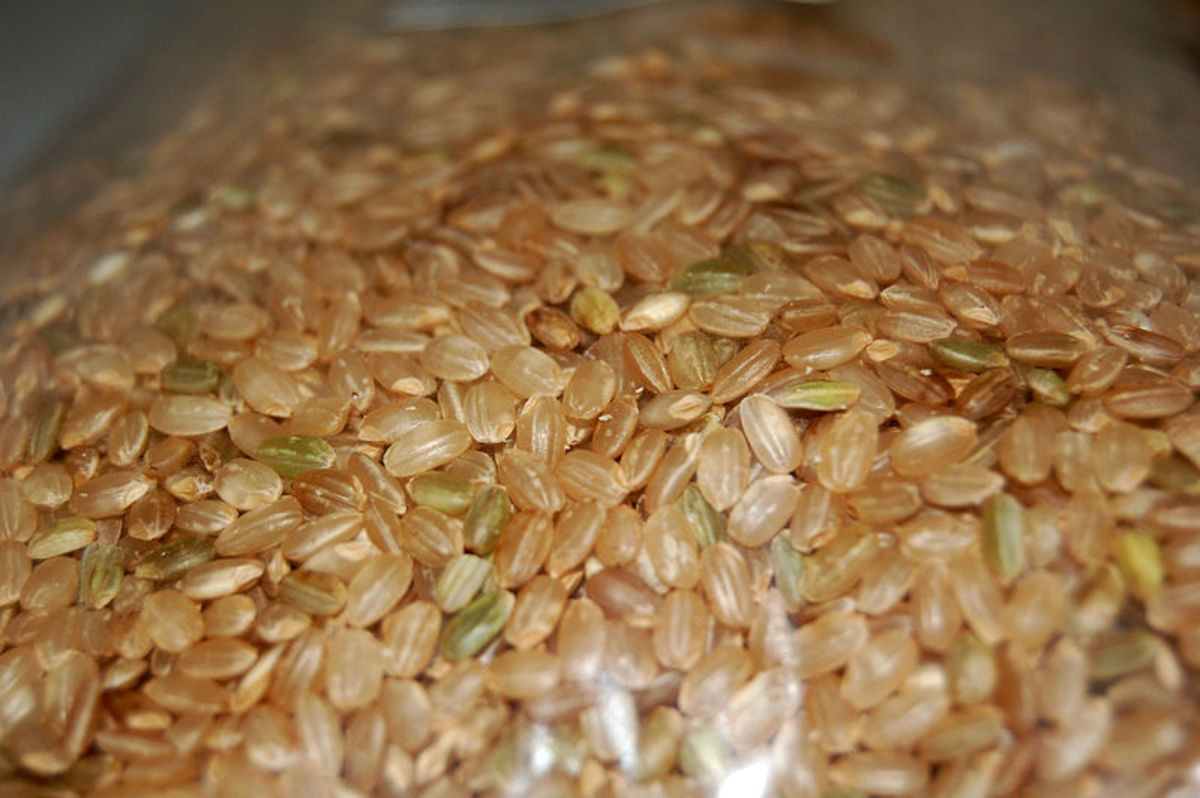A Big Fat Lie!
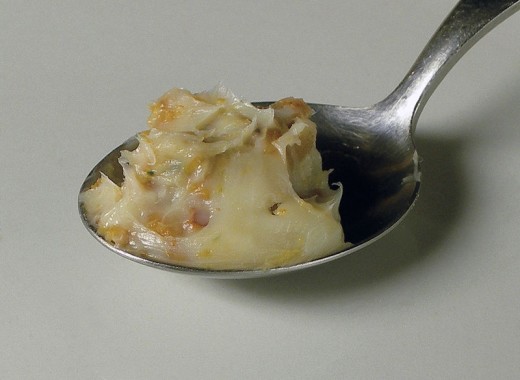
A big fat lie (no pun intended,) has been spread to the public, and has danced around like wildfire for too long. Luckily, good health advocates are slowly but surely snuffing out this misinformation. This is an attempt to be one of those good advocates, so let’s fill you in on the truth now.
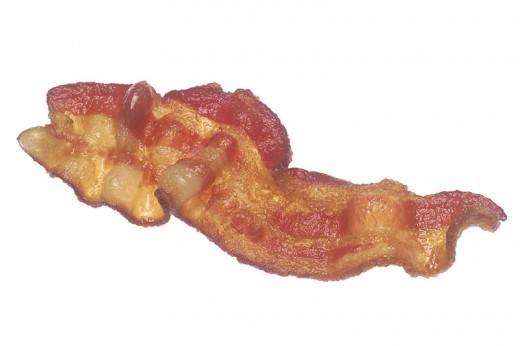
The Common Misconception About Fats
What do obesity, diabetes, and coronary artery disease have in common? Two things, for sure: that they are horrible conditions which may kill you, and that they have a shared connection to the consumption of fat. When we think of foods that make us insecure during bikini season, or worse, land us in the hospital with clogged arteries, we tend to picture the oiliest, greasiest, fattiest foods that we can imagine. Oftentimes we think of animal products like pork and beef. Bacon is just dripping with it. So is that juicy burger. And don’t even dream of frying these things, what could be worse?
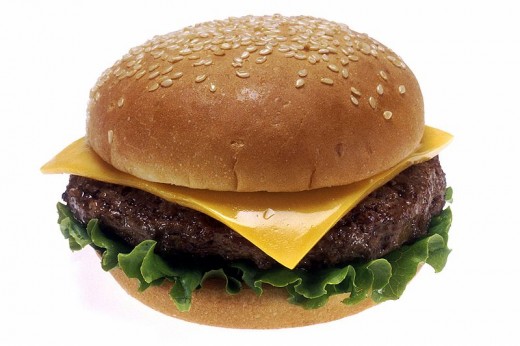
This logic has given animal products a horrible rap. Of course, we have been led to believe that vegetables are healthier and don’t contain “fat”. So naturally, using their oils to cook with would not affect us as badly. Well, it’s common sense, right? Wrong.
Fat, Debunked
When someone says the word “fat”, people want to run and hide. It’s the big no-no of food that we are not supposed to incorporate into our diets, for fear of never getting rid of it. But in all actuality, it is essential to the proper function and good health of the human body. In fact, consuming regular amounts of it can even fight obesity, so long as you are getting the healthy kind. Yes, it’s shocking, but there are healthy fats, just as there are unhealthy fats.
Fats, or lipids, take on two basic forms: They can be solids, such as butter, lard, or shortening, or they can become liquids, such as the oils we use to cook with. Oil is just a liquid form of fat, whether it comes from an animal or a vegetable. This information could lead to the assumption that all cooking oils are equally bad for you, but that would be incorrect as well. It may be surprising to discover that some of the most commonly used vegetable oils are highly detrimental to your health and even speed weight gain, while oils derived from animal fat cause absolutely no harm to the body. Close your dropped jaw and let’s discuss how that is possible.
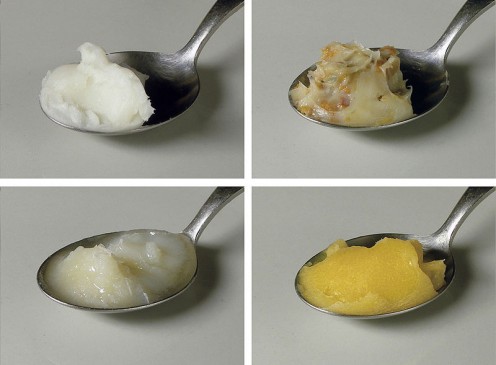
Fat 101
Every fat falls into two categories: saturated and unsaturated. This is simply a classification of fats based on the way that their molecular structures are arranged, neither one being drastically more harmful than the other.
Animal fats are naturally saturated. A characteristic of this is their ability to take on a solid form at room temperature, and then melting when exposed to high heat. Some examples are butter, lard, or tallow. Vegetable fats fall into the unsaturated category. This means that physically speaking, they remain in a liquid state. This is seen in common cooking oils, such as sunflower oil, corn oil, and soybean oil.
Vegetable oils will not convert to a solid form at room temperature, therefore the shelf life of these products is drastically shorter than that of animal fats. They are, however, much less expensive to process than lard or tallow, so manufacturers were quick to develop a means of better preserving them.
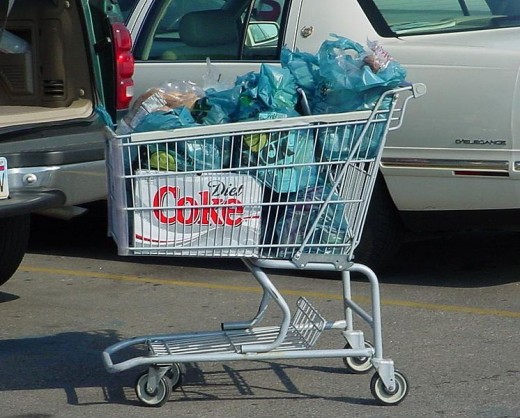
Swaying the Masses
The mass switch from animal to vegetable fats occurred in the U.S. around 1910, when scientists discovered how to hydrogenise oil. Next time you pick up a box of virtually any processed food or vegetable oil, flip it over and scan the label. If you see the words “partially-hydrogenated” or “mono-diglycerides”, the next step would be to throw the product down and immediately run away screaming (if you didn’t burst into flames upon picking it up, that is).
Hydrogenating oils is the process of adding hydrogen to unsaturated fats to artificially saturate them. The resulting products are those such as margarine and shortening; products that will keep virtually forever, but are much cheaper than naturally saturated oils. Sure, seems harmless enough, and quite clever. Besides, why complain about a product that would save you money? Consumer, meet Trans fats.

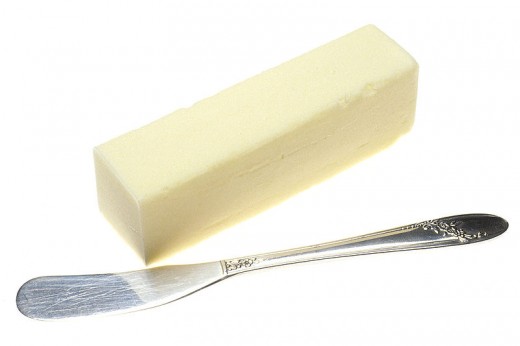
Trans Fats are Like Bad Gifts
Trans fats are harmful fats, and they can be found within any fat you will consume. They are the fats linked to wretched health conditions; they are the true obesity and heart disease culprits. They’re like the bad gifts that you are forced to receive each Christmas. You don’t enjoy faking smiles for ugly sweaters, but you can’t avoid them either. Luckily there are only trace amounts of them within most fats.
But now we can thank partially hydrogenated oils for their nasty little side effect of containing extra Trans fats. It is an astonishing fact that partially hydrogenated oils contain 45% Trans fats compared to their total fat content. That is a lot of bad bikini seasons. That’s why it is not surprising that America’s obesity epidemic began unfolding when animal fats were replaced by vegetable fats. In fact, Trans fats have even been restricted in some countries! Denmark banned consumption after observing a 50% decrease in deaths from Ischemic Heart Disease upon Trans fat removal, and Switzerland quickly followed suit.
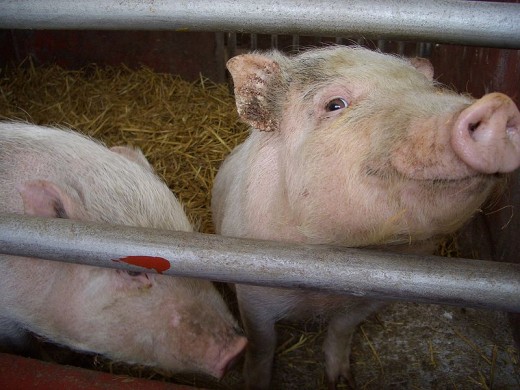
The Truth About Animal Fats
The trans fats that are present within animal products are actually a different type of trans fat than those found in partially hydrogenated oils, and have not been found to exhibit similar dangers. Studies have also found that naturally occurring fats and oils are far less harmful to the body than partially hydrogenated oils. Additionally, animal fats are more easily absorbed and synthesized by the body. Vitamins A, D, E, and K are essential vitamins that our bodies will only accept when broken down by fats. The proteins, or amino acids, within beef fats are nearly identical in structure to those of a human. This enables nutrients from animal proteins to be utilized by the body much easier and quicker than it would proteins from vegetables.
Although they may be slightly more expensive, buying animal fats for cooking is a health conscious choice. Following are some tips on buying healthy cooking oils.
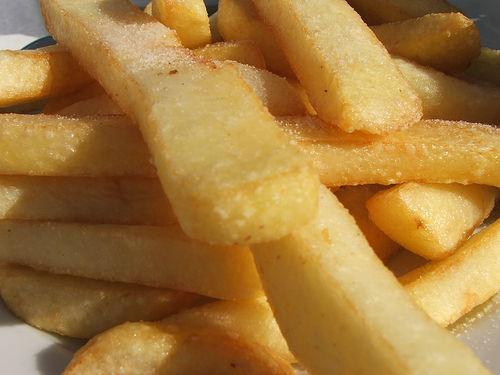

Buyer Beware
- Look for beef tallow or lard in the baking aisle, and remember to check labels for words like “partially hydrogenated” or “mono-diglycerides”, as these contain harmful trans fats.
- Use butter instead of margarine, especially when frying. Butter contains fats that when exposed to extremely high heat levels provide health benefits.
- Never fry with partially hydrogenated oils, for this can be especially harmful and is a great way to clog arteries.
- When dining out or going to a fast food chain, skip the fried foods as often as possible. Almost all major restaurants fry with vegetable oils, which are also packed with trans fats.
- Be wary of vegetable shortenings.
- For Vegans or for those who are unable to consume animal products because of religious purposes, there are a few vegetable oils on the market that are not partially hydrogenated. Try shortenings made from naturally saturated palm oil, coconut oil, and palm kernel oil. All of these are low in trans fats.
- Please, spread the word about this big fat lie. Get some people back into their skinny jeans!
SOURCES:
- <http://www.treelight.com/health/nutrition/PartiallyHydrogenatedOils.html>
- <http://en.wikipedia.org/wiki/trans_fat>
Images provided by: <http://commons.wikimedia.org>

